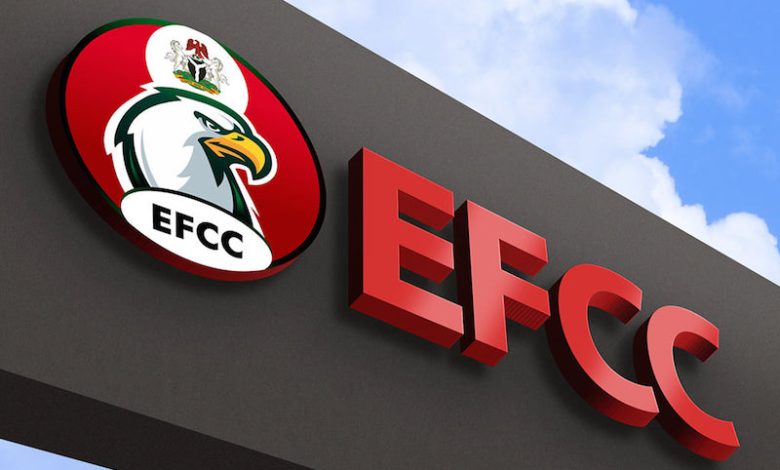
The Economic and Financial Crimes Commission (EFCC) has directed the Presidency, the Federal Judicial Commission, and other Ministries, Departments and Agencies (MDAs), to submit their anti-corruption strategies.
The directive, according to the anti-graft agency, is part of the its efforts to stop the abuse of contracts.
Politics Nigeria understands that MDAs have until March 1, 2024, to submit their strategies to the anti-graft agency.
The directive was contained in separate letters to the Chief of Staff to the President; the Permanent Secretary, State House, Aso Rock Villa; the Chairman, National Assembly Commission and the Secretary, Federal Judicial Service Commission.
The EFCC said the directive was in line with President Bola Tinubu’s agenda to tackle corruption in MDAs, and the launch of the Fraud Risk Assessment Prevention and Control Project for MDAs by the President in January.
The letter partly reads: “The aim of the project is to assess extant anti- corruption measures in MDAs with particular focus on identifying gaps, vulnerabilities, develop strategies and techniques to mitigate corruption and other financial crimes prevalent in MDAs.
“You are kindly requested to forward to the commission a detailed anti-corruption policy or strategy deployed by your office to prevent abuse in contract and procurement processes.
“Kindly note that the commission expects your response to this request on or before the close of business on Friday, 1st day of March, 2024.”
A top source in the agency also stated that the agency hd earlier given hints of the directive in January, noting that the EFCC wanted to prevent corruption as much as possible.
“The correspondence to the key government institutions is a bold effort to jumpstart the corruption prevention agenda of the Ola Olukoyede-led EFCC,” the source said.
“The anti-corruption boss had hinted of this move at a Public Engagement on Youth, Religion and the Fight against Corruption and Launch of Fraud Risk Assessment for MDAs it held in Abuja on January 31, 2024. It is no more business as usual. We want to prevent corruption as much as possible,” he added.
